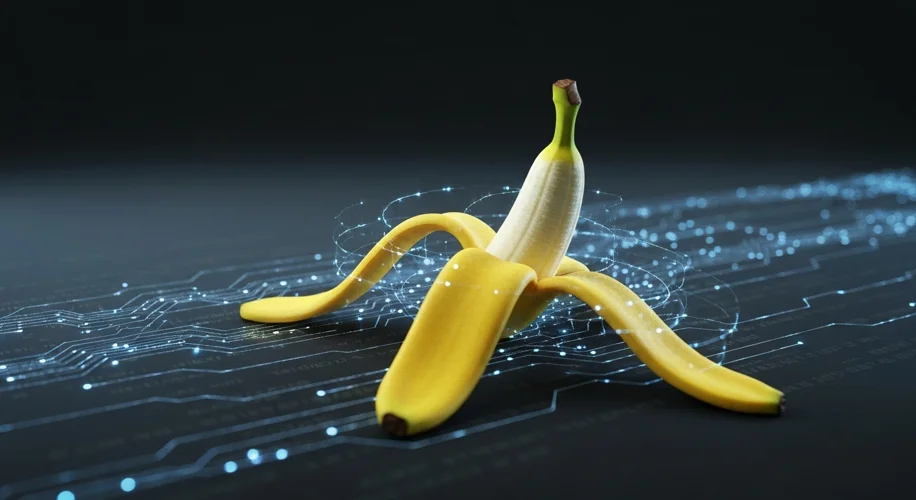Lately, I’ve seen a lot of chatter online about something called ‘Nano Banana.’ Apparently, it’s this new AI that’s incredibly good at generating images and even manipulating materials. It sounds impressive, and honestly, it’s a perfect jumping-off point to talk about something that’s been on my mind a lot: the bigger picture of these advanced generative AI systems.
We’re not just talking about pretty pictures anymore. As AI gets more sophisticated, like this ‘Nano Banana’ example, we need to think about what it all means for us.
One of the first things that comes to mind is authenticity. When AI can create images or even manipulate physical materials with such skill, how do we know what’s real? Think about news photos, art, or even product designs. The line between what’s human-made and AI-generated is blurring, and that can be unsettling.
Then there’s the impact on jobs, especially in creative fields. Artists, designers, writers – many are understandably concerned. If AI can do a good chunk of the work, and do it quickly, what does that mean for human professionals? It’s not about AI replacing people entirely, but it definitely changes the landscape. We might see a shift in what skills are most valuable, focusing more on creativity, critical thinking, and overseeing AI outputs.
This brings us to the crucial need for ethical guidelines. As AI development speeds up, we can’t afford to play catch-up on the ethics. We need clear frameworks for how these powerful tools are created, used, and regulated. Who is responsible when an AI makes a mistake or causes harm? How do we ensure fairness and prevent bias from being baked into these systems?
From my perspective, having spent decades in the tech world, this is a pivotal moment. We’ve seen technologies transform society before, and AI is no different. But the speed and scale of AI advancement are unprecedented. It’s not just about embracing new tools; it’s about understanding their broader societal implications and steering their development in a direction that benefits everyone.
We need to ask ourselves: are we building AI that augments human capabilities, or AI that simply automates them out of existence? Are we creating systems that foster trust and transparency, or ones that erode them?
The conversation around ‘Nano Banana’ and its capabilities is a small window into a much larger, more complex world of AI. It’s a world we’re all navigating together, and it’s vital that we do so thoughtfully and with a strong ethical compass.

